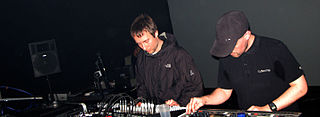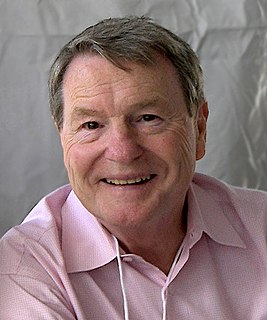A Quote by Edward Bernays
As civilization has become more complex, and as the need for invisible government has been increasingly demonstrated, the technical means have been invented and developed by which opinion may be regimented.
Related Quotes
One... gets an impression that civilization is something which was imposed on a resisting majority by a minority which understood how to obtain possession of the means to power and coercion. It is, of course, natural to assume that these difficulties are not inherent in the nature of civilization itself but are determined by the imperfections of the cultural forms which have so far been developed.
[A] process was going on in which people were transformed into things, into pieces of reality which pure science can calculate and technical science can control. … [T]he safety which is guaranteed by well-functioning mechanisms for the technical control of nature, by the refined psychological control of the person, by the rapidly increasing organizational control of society – this safety is bought at a high price: man, for whom all this was invented as a means, becomes a means himself in the service of means.
If globalization is to realise its potential as a force for good, we have to look more closely at the means by which we handle our growing interdependence. We do not have a world government, but we do have an increasingly complex network of institutions that are concerned with global governance. They are central to our future and international human rights law
The machines that are first invented to perform any particular movement are always the most complex, and succeeding artists generally discover that, with fewer wheels, with fewer principles of motion, than had originally been employed, the same effects may be more easily produced. The first systems, in the same manner, are always the most complex.
The progress of science in furnishing the government with means of espionage is not likely to stop with wire tapping. Ways may some day be developed by which the government, without removing papers from secret drawers, can reproduce them in court, and by which it will be enabled to expose to a jury the most intimate occurrences of the home. Advances in the psychic and related sciences may bring means of exploring unexpressed beliefs, thoughts and emotions. 'That places the liberty of every man in the hands of every petty officer' was said by James Otis of much lesser intrusions than these.
During my span of life science has become a matter of public concern and the l'art pour l'art standpoint of my youth is now obsolete. Science has become an integral and most important part of our civilization, and scientific work means contributing to its development. Science in our technical age has social, economic, and political functions, and however remote one's own work is from technical application it is a link in the chain of actions and decisions which determine the fate of the human race. I realized this aspect of science in its full impact only after Hiroshima.
For the system of government you fashioned including the very principles on which you based it, is increasingly obsolete, and hence increasingly, if inadvertently, oppressive and dangerous to our welfare. It must be radically changed and a new system of government invented, a democracy for the 21st century. For this wisdom, above all, I thank Mr. Jefferson who helped create the system that served us so well for so long, and that now must, in its turn, die and be replaced.
The surface of the earth is not simply a stage on which the thousands of present and past inhabitants played their parts in turn. There are much more intimate relations between the earth and the living organisms which populated it, and it may even be demonstrated that the earth was developed because of them.
It is a mistake to assume that government must necessarily last forever. The institution marks a certain stage of civilization-is natural to a particular phase of human development. It is not essential, but incidental. As amongst the Bushmen we find a state antecedent to government, so may there be one in which it shall have become extinct.

































